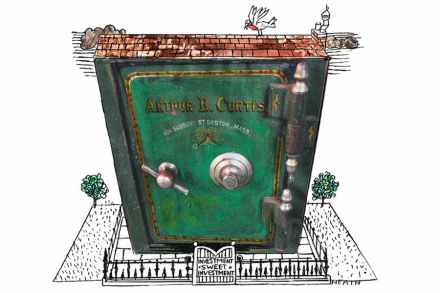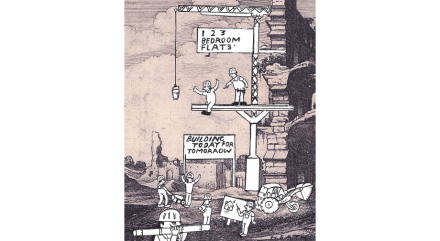How much longer can the Treasury rig the housing market?
The past 15 months have produced a bizarre economic paradox. In 2020, the economy shrank at the fastest rate recorded in modern times: 9.9 per cent. Yet house prices have not merely weathered the storm, they have risen at the fastest rate since the height of the property boom in the 2000s. According to Nationwide, the average value of a UK home has risen by 13.9 percent in the past 12 months. Halifax puts it a little more modestly at a 9.5 percent annual rise. Yet there is a pretty clear picture of a rising market driven by a lack of stock and a desperation from many people to move home







